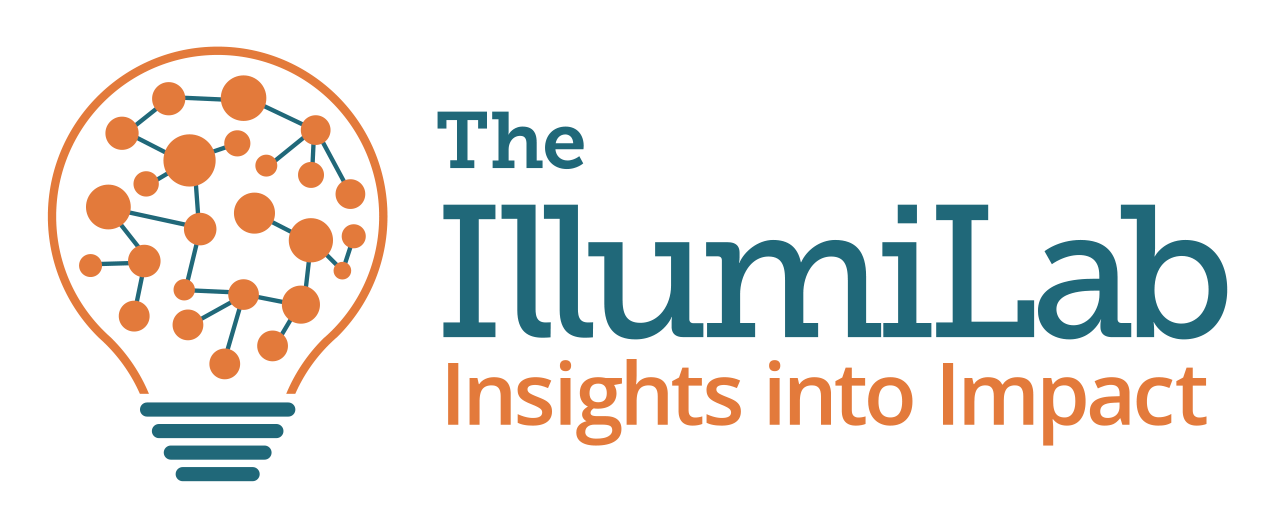Yes, this is one of those posts that aims to re-frame this crisis, to find a silver lining, to see the glass half-full. If you’re not in the mood for that right now, I won’t be offended. But please do come back and read this post when you’re ready to think about what’s next. In the meantime, pass the remote and the chips.
The IllumiLab helps organizations increase their impact by articulating and aligning their Why, What, and How. This crisis has loosened our grip on our How, most definitely. We cannot work the same ways we used to. In some cases, this crisis has forced us to re-imagine our What. Social distancing regulations preclude some of us from providing the services we always have. Instead, we have found new ways to fulfill our missions and to live our Whys. And for others, this crisis has even made us question our Why. Why do we do this work? What impact can and should we make?
I’m eager to see the ways organizations come out the other side of this more self-aware, more agile, and more innovative. I want to share just a few of the realizations my clients have shared with me.
We are not serving the most vulnerable.
For one organization, this crisis has revealed that they have not been focusing their efforts on the most vulnerable members of our community. They felt the urge to use their resources and expertise to support those most impacted by this crisis but realized they didn’t have the relationships or the position in the community to reach those in need. For them, this crisis has sparked questions about their mission, their target population, and their place.
We will be more receptive to change after this experience.
Prior to this crisis, one organization had been carefully planning a deliberate and significant shift in strategy but had been met with skepticism and resistance. However, when faced with these extraordinary circumstances, the organization had no choice but to change and change drastically. This experience has showed its team that they are more flexible, agile, and resilient than they thought and that their work can take many forms. The leaders see this experience as having loosened packed soil that is now more receptive for new seeds.
Working remotely has forced us to be more intentional in our communications & collaboration.
For one organization, the transition to working remotely made them painfully aware of how much they had relied on informal, unstructured, spontaneous communications and decision-making. With staff scattered in different places and working at different times, they had to develop new practices for organizing their work, sharing information, and collaborating. Now, their team feels more focused, organized, and empowered.
We’ve embraced technology in ways that enhance efficiency.
I have heard from several organizations that the introduction of video conferencing, cloud-based file storage, and new software for project management, chat, and collaboration have made their work more efficient and convenient for their teams. Check out these resources from TechSoup to explore how technology can support your organization right now.
What has this crisis taught you about yourself, your team, your work, and your organization? What new insights and practices do you hope to carry forward into your “new normal”? Share your insights in the comments and let’s get the gratitude and hope flowing.
I’m teaching a virtual workshop on May 8 about planning for, implementing, and sustaining change. Hope to see some of you there! Click here to learn more and register.
